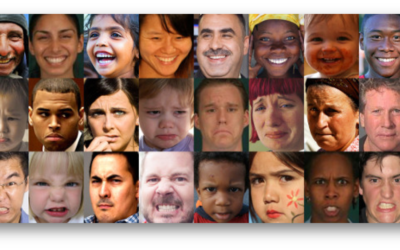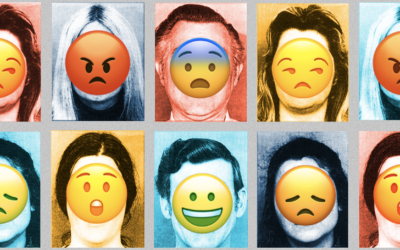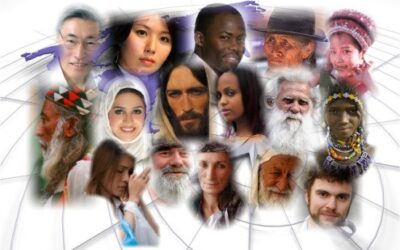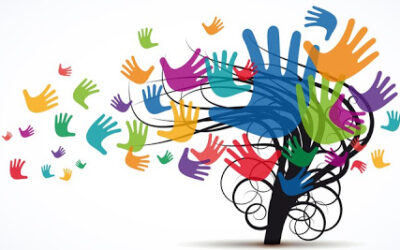Intercultural corner
PATRONIZING BEHAVIOR: HOW TO RECOGNISE IT!
Patronizing is the act of appearing kind or helpful but internally feeling superior to others. Patronizing behaviour is a subtle form of bullying and can take many forms in social contexts.
Perceptions – Culture and how to improve Intercultural Relations
We communicate as we do according to the ways in which we perceive the world. However, while physiologically we process pieces of information similarly, the way in which we interpret them varies depending on our unique and wide range of psychological and cultural experiences.
What do we mean by CULTURE SHOCK?
If you have moved to a new cultural context, very different from the one(s) you are used to live in, and you feel stressed, isolated, frustrated, angry and confused, you may be experiencing culture shock.
Managing Intercultural Conflicts
When we enter into contact with people from different cultural backgrounds, we may experience some conflicts, as a result of unfamiliar cultural dimensions which could lead to miscommunication and negative perceptions.
EMOTIONS AND INTERCULTURAL COUNSELLING
As Intercultural Counselling Professionals, we need to take into careful consideration the extent to which the expression of our clients’ emotions is shaped by culture.
The expression of emotions across cultures
The ability to manifest our basic emotions through facial expressions is universal. However, the ways in which we express more complex emotions is influenced by culture.
Linguistic and Intercultural Learning. The role of EXPERIENCE, EMOTIONS AND REFLECTION.
Foreign Language Learning can be considered as an integral part of a wider process of Intercultural Learning, where social and cultural practices are a crucial part of it.
What do we mean by Intercultural Relations?
Intercultural relations refer to the bond among people from different cultural backgrounds, who come into contact to satisfy physical, social or emotional needs.
Counselling for and with international students
As Counsellors when we work with and for international students, we need to consider the complex and distinct aspects that make them a unique population.











